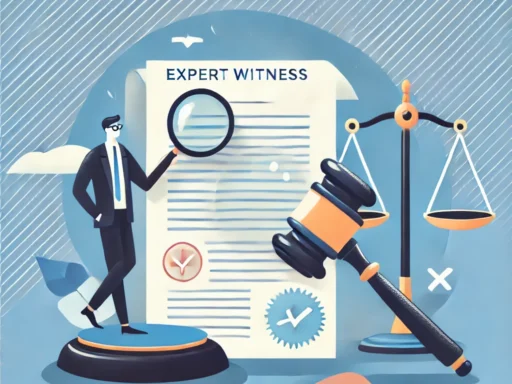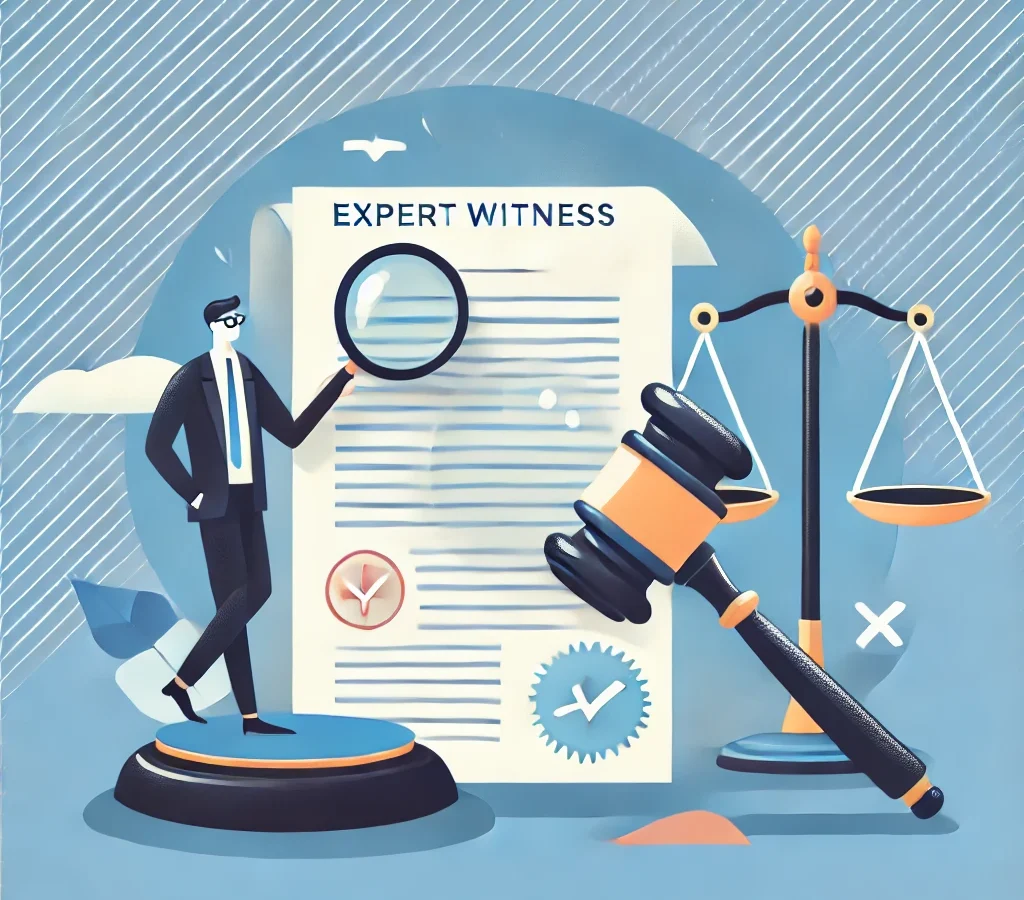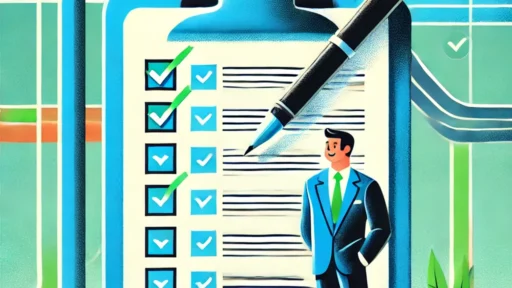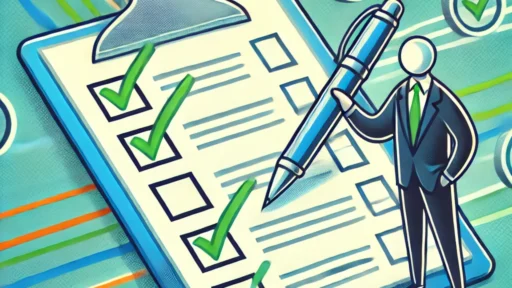Expert witness depositions play a pivotal role in the legal deposition process, offering specialized insights that can sway the outcome of a case. Navigating the intricate rules and strategies involved requires a deep understanding of both the legal and technical aspects. Attorneys must be well-prepared to effectively question and counter-question these experts.
Understanding the nuances of expert witness depositions ensures that legal depositions professionals can leverage expert testimonies to their advantage. From knowing the right questions to ask to anticipate potential pitfalls, mastering this critical component of litigation can make all the difference in a case’s success.
Understanding Expert Witness Depositions
Expert witness depositions serve a critical role in the litigation process. They provide parties with insights into the expert’s opinions, methodologies, and the basis for their conclusions. This information can shape case strategies and influence settlement decisions.
Purpose and Objectives
Deposition lawyers use expert witness depositions to uncover the expert’s opinions and challenge their witness’s credibility. This phase helps attorneys gather information not available in written reports and prepare for trial examination. It further aids in evaluating the strength of the opposing case.
Preparation and Strategy
Thorough deposition preparation is essential for effective expert witness depositions. Attorneys must familiarize themselves with the expert’s background, published works, and previous testimonies. Reviewing the expert’s report and consulting with their own experts ensures a comprehensive understanding of the subject matter.
Questioning Techniques
Asking structured, precise deposition questions is vital during deposition notice. Attorneys should begin with open-ended questions to allow the expert to elaborate, then move to more specific questions to clarify points. This sequence helps establish a clear record and uncover inconsistencies.
Anticipating Defenses and Counterarguments
Strategic anticipation of possible defenses and counterarguments strengthens the deposition strategy. Attorneys need to consider potential rebuttals and craft questions designed to expose weaknesses in the expert’s analysis or methodology. This approach prepares the case for trial by addressing these aspects early in the process.
Documentation and Follow-Up
Accurate documentation of the deposition is crucial. Deposition transcriptions provide a detailed account of the expert’s deposition testimony that can be referenced during trial. Follow-up actions might include consulting additional experts or gathering new evidence to counter the expert’s claims.
Expert witness depositions, when conducted effectively, can significantly impact litigation strategy. Proper preparation, precise questioning, and strategic anticipation of counterarguments streamline the process and enhance the chances of a favorable outcome.
Special Rules Governing Expert Witness Depositions
Navigating the special rules for expert witness depositions requires understanding federal and state guidelines and disclosure requirements. These regulations impact how depositions are conducted and utilized in litigation.
Federal vs. State Guidelines
Federal guidelines, as outlined in the Federal Rules of Civil Procedure (FRCP), often provide a more structured framework for expert depositions than state rules. Under FRCP Rule 26(b)(4), parties can depose any person identified as an expert whose opinions may be presented at trial.
State guidelines vary widely, with some states adopting similar provisions to the FRCP and others implementing distinct rules. Practitioners must stay updated on both federal and specific state regulations to ensure compliance and effective deposition practices.
Disclosure Requirements
Disclosure requirements focus on the mandatory sharing of information related to expert witnesses. Under FRCP Rule 26(a)(2), parties must disclose the identity of expert witnesses and provide a written report prepared and signed by the expert. This report must include all opinions the expert will express and the basis for those opinions, as well as their qualifications, deposition exhibits, and prior testimony.
Similarly, state rules may necessitate different levels of disclosure(deponent), affecting pre-trial preparation and strategy. Legal teams should meticulously review both federal and state disclosure rules to avoid nondisclosure pitfalls and leverage expert testimony advantageously.
Preparing for an Expert Witness Deposition
A well-prepared expert witness deposition can significantly impact litigation strategies. Effective preparation involves selecting the right expert and conducting productive pre-deposition meetings.
Selecting the Right Expert
Selecting an expert with the right qualifications ensures credible testimony. Evaluators should consider the following:
- Qualifications: Assess the expert’s educational background, professional experience, and certifications.
- Reputation: Review the expert’s past performance, court testimony history, and feedback from previous cases.
- Communication Skills: Ensure the expert can explain complex topics clearly and confidently to a lay audience.
- Relevancy: Align the expert’s expertise with the specifics of the case.
Pre-Deposition Meetings
Pre-deposition meetings align the expert’s understanding with the legal team’s goals. Activities should include:
- Case Review: Provide the expert with relevant case materials and discuss key issues.
- Anticipating Counter-Arguments: Identify possible challenges from opposing counsel and prepare appropriate responses.
- Mock Deposition: Conduct a practice session to familiarize the expert with deposition procedures and questioning styles.
- Documentation: Ensure the expert has access to all necessary documents and understands their significance.
These steps optimize the effectiveness of expert witness participation in depositions.
Effective Strategies During Depositions
Expert witness depositions can significantly impact litigation outcomes, and utilizing effective strategies ensures optimal results. The following subheadings detail essential techniques and considerations for navigating expert witness depositions.
Questioning Techniques
Formulating precise questions is crucial to eliciting informative responses from expert witnesses. Open-ended questions, such as “Can you explain the basis for your opinion?” encourage detailed explanations and reveal the expert’s methodology. Follow-up questions, like “What specific data supports this conclusion?” help uncover the depth of their analysis.
Lawyers should employ leading questions to challenge the expert’s assumptions, especially when inconsistencies in their testimony appear. For instance, “Isn’t it true that your analysis didn’t account for variable X?” forces the expert to address potential oversights.
Beyond methodology, questions should explore the limits of the expert’s knowledge, such as “Are there any studies contradicting your findings?”
Handling Objections
Handling video deposition objections, either raising them or responding, requires a clear understanding of applicable rules and strategic considerations. It’s essential to know when to object to ensure the deposition remains within the bounds of legal propriety.
Common deposition objections, like “objection, form” or “objection, relevance,” should be raised promptly to preserve the record for potential future court review.
Responding to objections efficiently involves maintaining composure and providing concise, focused arguments. If opposing counsel objects repeatedly or disruptively, stating “Let’s reserve these objections for the court” can help maintain the flow of the deposition while protecting your line of questioning.
Assessing Credibility
Assessing an expert witness’s credibility during a deposition involves scrutinizing their qualifications, testimonials, and consistency. Lawyers should compare the expert’s testimony with their published work or before what happens at a deposition to spot discrepancies. Ask questions like “Can you detail your involvement in any similar cases?” to gauge real-world experience.
Observing non-verbal cues, such as hesitation or overly defensive body language, offers further insight into the expert’s trustworthiness. Inconsistencies in responses, especially when recalling data or methodologies, should be noted and probed to evaluate their reliability.
Advanced preparation using this credibility assessment ensures that deposition strategies stay aligned with case goals and enable the most favorable outcomes.
Post-Deposition Procedures
Post-deposition procedures strengthen the effectiveness of expert testimonies. These steps help ensure the deposition preparation aligns with legal strategies and addresses potential challenges.
Reviewing Transcript
After a deposition, reviewing the transcript is vital. Legal teams examine the entire deposition process to detect errors or misinterpretations. They highlight key statements and assess the completeness and clarity of the expert’s testimony.
Identifying inaccuracies early helps prevent issues in court. Annotating the transcript with relevant notes ensures streamlined reference during trial preparations.
Addressing Inconsistencies
Addressing inconsistencies promptly is crucial. When discrepancies appear in the expert’s testimony, legal teams consult with the expert to reconcile these differences. Consistent testimonies reinforce credibility, while unresolved inconsistencies can undermine the case. Discussions may involve revising reports, clarifying statements, or preparing the expert for potential cross-examination points.
Elevate Your Legal Strategy with BlueNotary’s Reliable Notarization Services
Expert testimony is a powerful tool in legal proceedings. Ensure your deposition documents are authenticated and legally binding with BlueNotary’s secure online notarization platform. Our services guarantee the integrity and reliability of your legal documentation.
Empower your legal strategy with trusted notarization solutions. Explore how BlueNotary can enhance your expert witness depositions and support your case success. Visit our website today to learn more about protecting your legal documents and leveraging expert testimony effectively. BlueNotary: Your partner in achieving excellence in legal proceedings!
Frequently Asked Questions About Expert Witness Depositions
Q1. What is the role of expert testimony in a legal case?
Expert testimony provides specialized knowledge and opinions that can clarify complex issues, support arguments, and influence the outcome of a case. Experts can explain technical details in a way that is understandable to the court.
Q2. How should you prepare for an expert witness deposition?
Preparation involves reviewing the expert’s credentials, understanding the scope of their testimony, formulating precise questions, and anticipating potential objections. Discussing key points with the expert beforehand is also essential.
Q3. What are the key rules for conducting expert witness depositions?
Key rules include ensuring the expert is qualified, asking clear and relevant questions, avoiding leading questions, and adhering to legal standards for evidence. Proper documentation and adherence to procedural rules are also crucial.
Q4. What strategies can enhance the effectiveness of expert witness depositions?
Strategies include focusing on the expert’s methodology, exploring the basis of their opinions, identifying any potential biases, and challenging inconsistencies. Effective cross-examination techniques are vital for testing the expert’s credibility.
Q5. How can expert testimony impact the outcome of a case?
Expert testimony can significantly impact a case by providing authoritative insights that support your arguments. Credible and well-prepared expert witnesses can sway the court’s decision in your favor.








